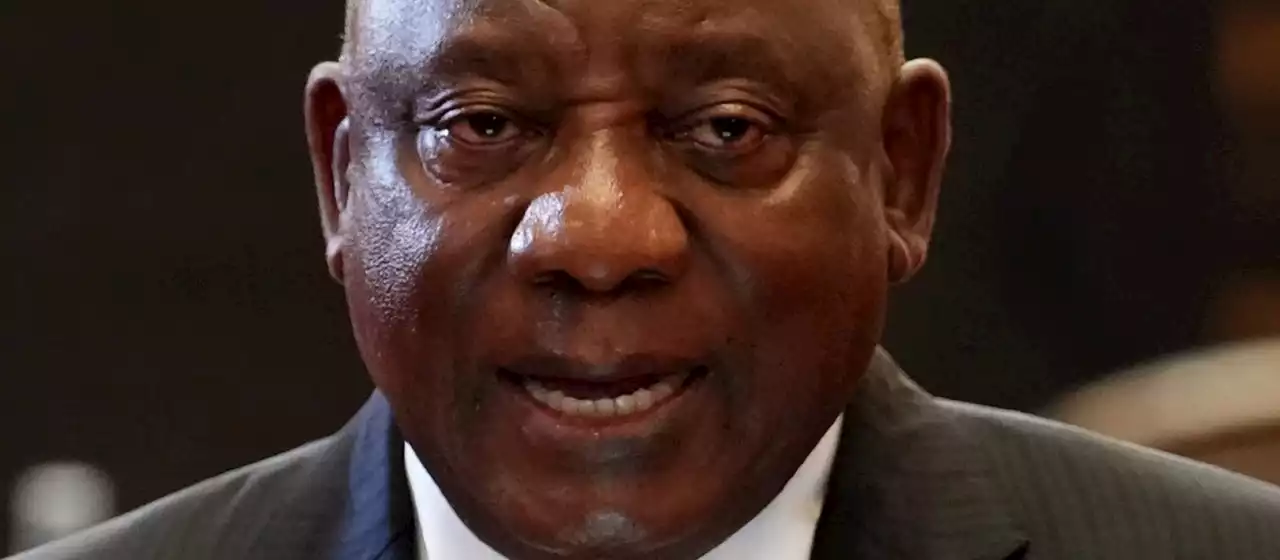The development of a National Security Strategy could provide a democratic opening to confront the mess that the country’s national security institutions have become — to rise above the mess just for a while and develop a more positive vision for the future.
they were consulted about a national security strategy was in 2007. This strategy included a proposal for a National Security Advisory Council, including the public and private sectors and civil society.by the Jacob Zuma administration in 2013, it was classified Top Secret, and was not developed in a form that lent itself to consultation. A public process for the new strategy is a step forward from the Zuma years, as it implies that the final document will be made public.
However, it is ironic that there is suddenly a rush to include the long-forgotten public in the process: ironic because public oversight has been the most effective form of oversight over the spy agencies in the past decade. Yet, repeatedly, politicians and technocrats have shut the public out of intelligence debates on the pretext of secrecy.
The hugely successful mass campaign against the Secrecy Bill stopped the bill in its tracks. What made this campaign so successful was that it took what could have been an obscure issue — potentially of interest to a few specialist NGOs only — and turned it into a popular campaign.. They used tactics such as mass meetings, marches and night vigils, in addition to the more conventional advocacy involving media publicity and parliamentary lobbying.
These activists skilfully broadened the issues beyond the bill to focus on the ways in which the Zuma administration misused intelligence and security powers to clamp down on their critics. They also challenged how national security was being misdefined and misused to target Zuma’s critics and the neoliberal kleptocracy he strengthened under his watch. Not even he dared sign the bill into law, which continues to gather dust on the current president’s desk.
These efforts by civil society, social movements and journalists have done far more to limit state spying than the Joint Standing Committee on Intelligence or the Inspector-General for Intelligence. While the current committee appears to be more serious about its work, the previous committee was moribund.
